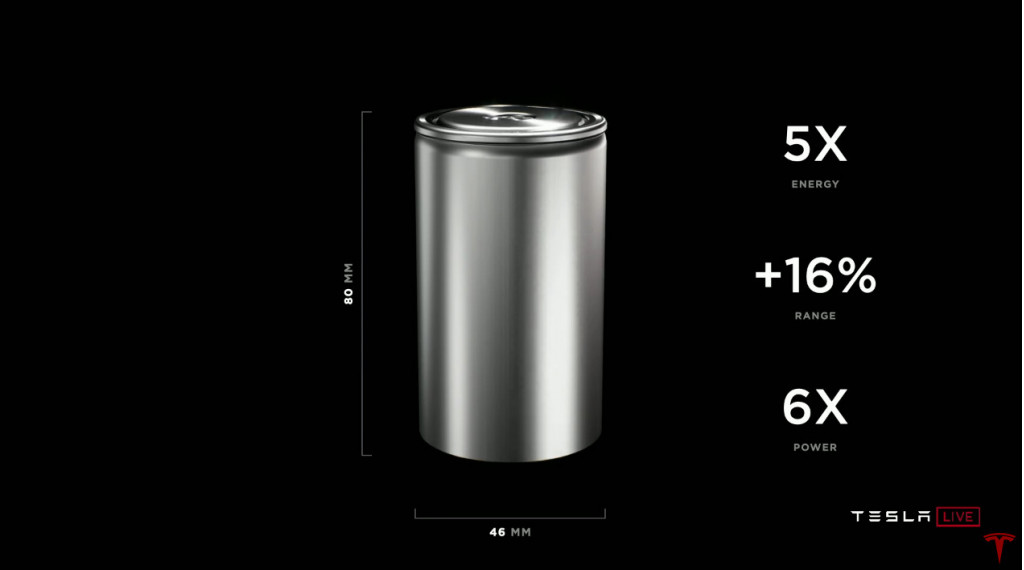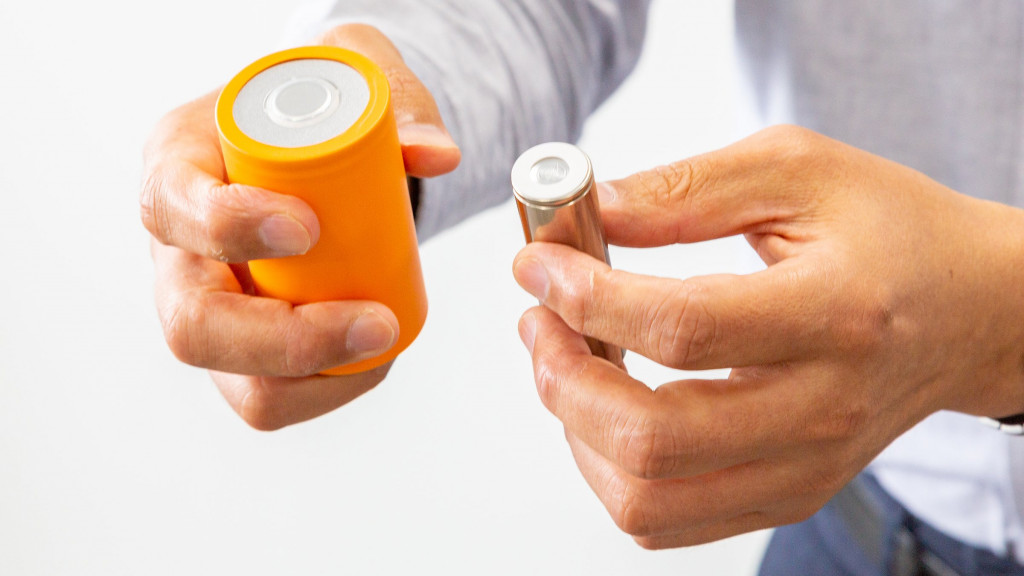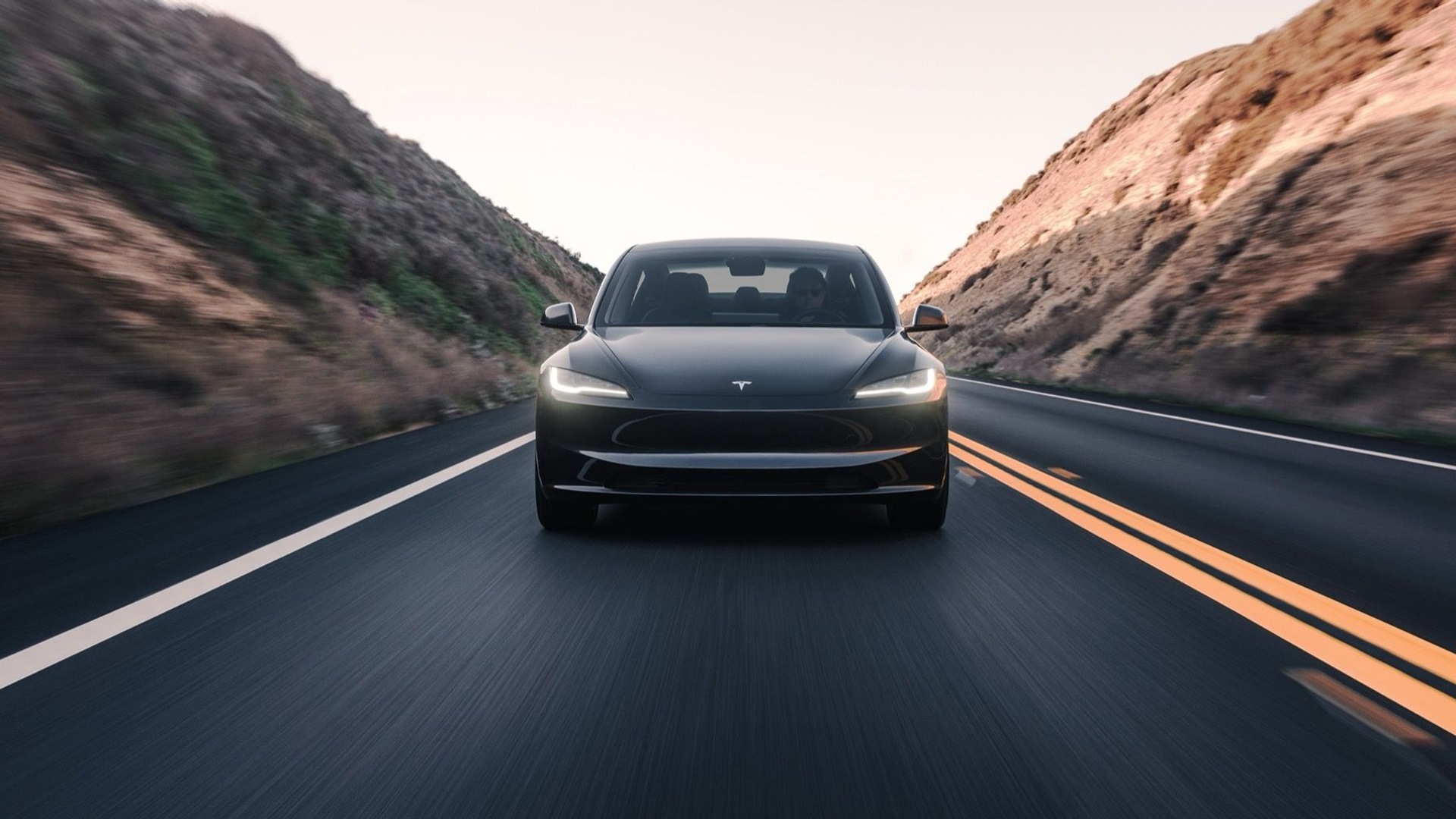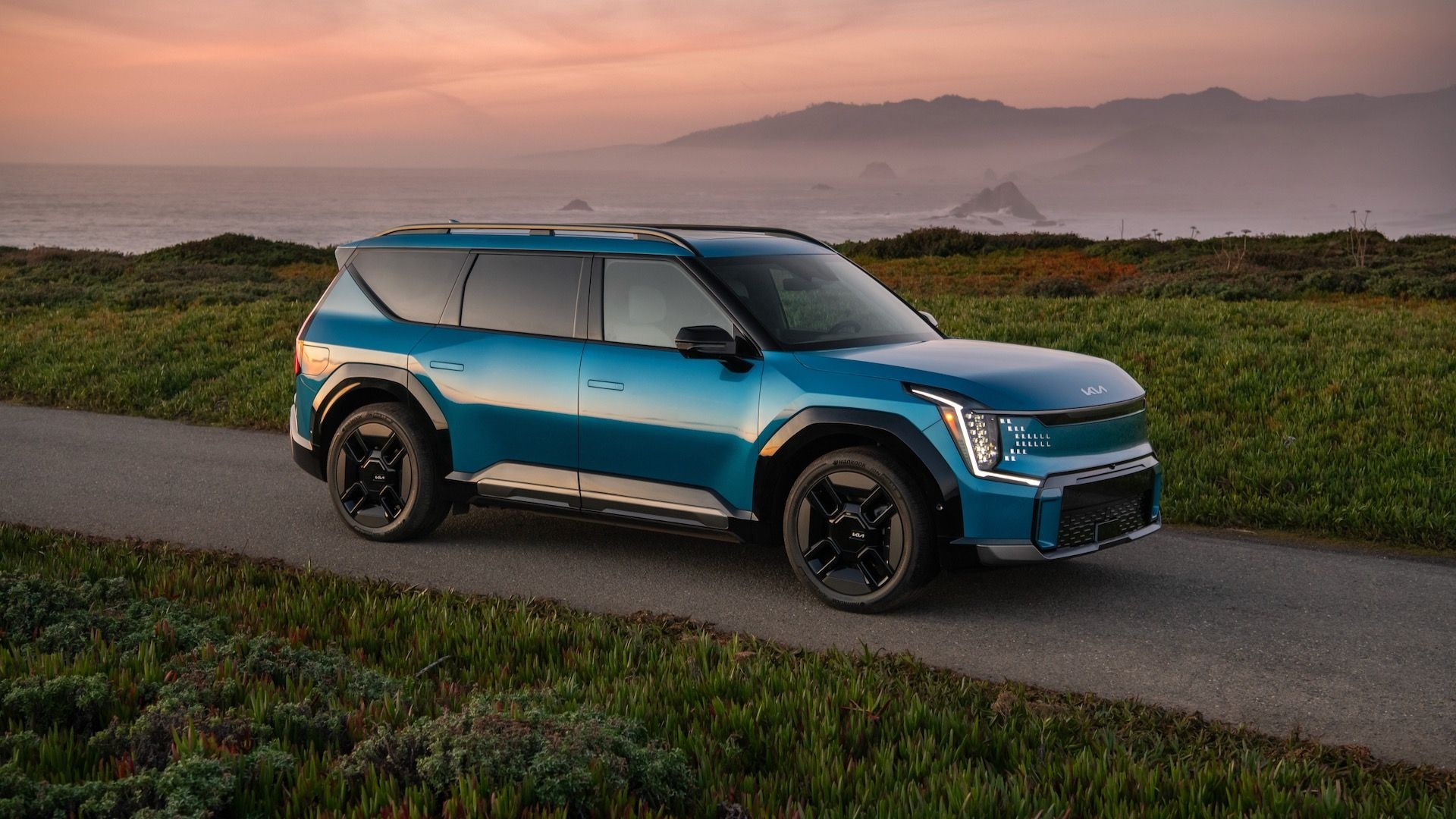Panasonic has made official its pending production of large-format cylindrical cells—the 4680 format that Tesla championed at its 2020 Battery Day.
“Panasonic is developing a new high-capacity lithium-ion battery, the "4680", in multiple locations within Japan,” it stated in a press release issued Monday. The statement clearly underscores the level of R&D the battery supplier has done on the cells. “The company will progressively develop production capabilities in preparation for the full rollout.”
The company, generally ranked the third largest EV battery supplier in the world by production capacity, said that it will establish a production facility for the cells at its Wakayama factory in western Japan. Meanwhile, development continues on the new cell format at “multiple locations within Japan,” the company said, with mass production to start in the fiscal year ending in March 2024.

Future Tesla cell will make energy, power gains
The 4680 format—46 millimeters in diameter by 80 mm long—promises about five times the energy than smaller cylindrical cells. Mathematically, they take up approximately 5.7 times the volume versus the 2170 format used in Tesla vehicles, as well as those from Lucid and Rivian. The biggest advantages of the new format is that it might allow more cell energy capacity to be produced, with lower amounts of raw materials—and, Tesla’s Musk teased at Battery Day back in 2020, the potential to halve overall cell cost over time.
The announcement follows reports going back to October, when the electronics giant and primary Tesla supplier revealed a prototype version of the cell. In November, the company’s battery division CEO, Kazuo Tadanobu, told Nikkei Asia that although technological goals for the cells had “largely been achieved,” mass-producing the cells would require “new techniques.”

Comparing 4680 vs. 2170 - Panasonic
The development and ramp-up from Panasonic underscores the battery supplier’s special relationship with Tesla. In April 2021 Panasonic's EV battery boss wasn’t convinced by Tesla’s cell format; he told Bloomberg that the bigger cells would be harder to produce, are prone to overheating, and are more susceptible to particle contamination.
But with rivals such as Samsung SDI and LG Energy Solution vying to make the new cells, perhaps the bottom line helped change the key supplier’s position.
Tesla is also already producing the cells, which it aims to use in Texas-built Model Y vehicles. It recently confirmed that it produced one million of the 4680 cells in January, at its pilot production facility in California—enough cells for more than 1,000 Model Ys.













